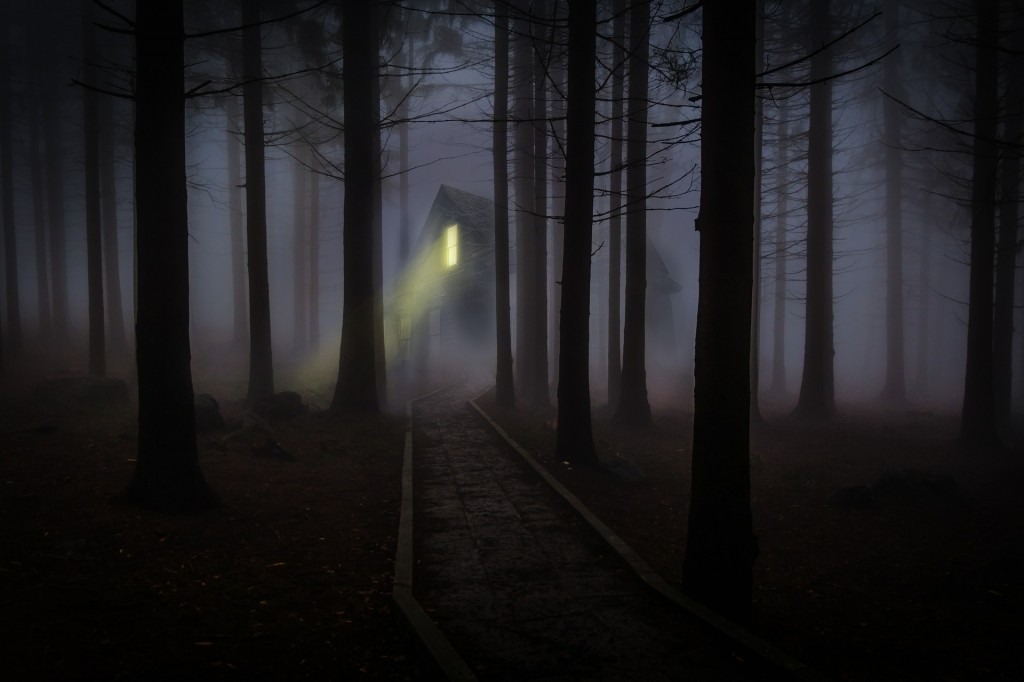
A writer’s guide to creating a spectacular, mind-boggling plot.
What is a mystery novel?
Novels under the mystery genre revolve around a crime, often times a murder, and the journey to find who the culprit is.
What makes a good mystery novel?
When writing crime mysteries, you have to pay close attention to how you craft these three elements: the plot, the hero, and the writing style.

• The Plot
As mentioned, a mystery novel revolves around a crime. The plot involves a conflict between the hero, who is trying to solve the mystery, and the culprit, who is trying to avoid getting caught. Before the culprit is finally caught, the other characters in the story will be mistaken for him/her. Readers of the story will be taken for a thrilling ride, trying to put the pieces of clues together to solve the mystery by themselves. Oftentimes, the ending is unexpected and will shock the readers.
• The Hero/Heroine
The main character/protagonist/hero or heroine is usually a sleuth or detective, just like the famous Sherlock Holmes in Arthur Conan Doyle’s novels. However, some mystery stories have a civilian, who badly wants to solve the crime, as the hero. Some examples are Gillian Flynn’s novels, Gone Girl and The Girl with the Dragon Tattoo. Most of the time, a civilian becomes a hero/ heroine when someone close to him/her was the victim of the crime.
• The Writing Style
Writing mysteries is far different from writing other types of fiction. You need to use descriptive writing in order to carve vivid images into your readers’ minds. Through it, your readers are more likely to feel the dark atmosphere of your story. They’ll feel like they’re actually part of it. And because of that, they may even get to solve the mystery on their own.
How to write a mystery novel:
Since you have now established an understanding of the important elements in a mystery novel, it’s time for you to know how to write it. Follow these tips to create a novel that’s full of suspense, thrill, and twists.
Research, study reality, and gather ideas.
As a writer, it is part of your job to research. It is through research that you can make your characters, setting, and events, as real as possible. Some writers even visit crime scenes and talk to the police.
Always be open to ideas. You can get a lot of them from the news, like that gruesome murder from last month. Who was murdered? How, when, and where did it transpire? What was the motive? Turn yourself into a detective and put all the pieces together to try to solve the crime.
Once you’ve gathered as many ideas as you can and plotted your novel, it’s time to bring it to life.
Give your hero a defining characteristic.
Who is your hero and what is his/her personality? Does he/she have any fears, insecurities, grudges, achievements, failures, and issues? If yes, what are these? More importantly, what is his/her defining characteristic? And how do all of these contribute to how he/she solves the mystery? Put yourself in your hero’s shoes and ask, “What will I do?”
Since the plot revolves around your hero solving a problem – the problem being the solution of whatever mystery it is you’ve chosen for your story – you should already have an idea on what your hero is supposed to discover and what will hinder him/her from discovering it. Don’t make it easy for your hero. That just rids the story of thrill and excitement.
Choose your supporting characters wisely.
Who else is going to be in your story and how are they relevant to the plot? Are they closely connected to your hero, or to the crime? Will they be of any help in solving the mystery or will they be the ones to hinder it? Don’t use your supporting characters as fillers. Each of them must have their purpose, especially if they’re going to die at some point. Deaths of minor characters create more impact to the readers when they have been given importance prior to their demise.
Choose a setting that fits your story’s mood.
Where is your story going to take place? Does it start off on a cold, dark night? On a sunny afternoon? During sundown? Or during a storm? Does your hero feel anything unusual, creepy, or frightening? Does your hero hear noises? Write in a way that your readers are going to feel that they are part of your story, side by side with your characters.

List down the clues.
Think of clues that your hero can put together in order to solve the mystery. One of the clues must be crucial. It is that one clue that will reveal the truth about the crime and the perpetrator, and finally, put an end to the mystery.
Throw in a couple of red herrings.
Red herrings are simply pretentious clues that lead the hero astray, away from the real perpetrator. Characters are wrongly suspected, even when they had nothing to do with the crime. Maybe they even happened to be just at the wrong place, at the wrong time. Red herrings make it more difficult for your hero, as well as your readers, to solve the mystery.
For example, the crime involves a murder of a female and the victim’s cause of death was a shovel whacked to her head. Of course, the shovel is most likely to be stained with the victim’s blood. The hero then finds a stained shovel in one character’s garage and suspects him as the perpetrator, only to find out in the end that the stain was from another substance and not the blood of the victim.
Add some suspense.
Scare your readers with suspense because it is, after all, one of the reasons they would want to read your mystery story. Does your character wake up in the middle of the night to the sound of the rattling doorknob? The howling of a dog? The blaring sirens of police cars? Or the sound of footsteps in the dark? There are many other ways to add suspense to your story. You just have to make it feel real.
Know the ending before you even begin.
You must know where your story is going before you even start to write it. This way, your story will be more consistent. It may be an easier option to just surprise yourself as you work from page to page, but when it’s time to review your work, you’re possibly going to have to fix several plot holes. So, always decide on how your story is going to end before you start writing.
Mystery novels may be quite challenging to write, but they’re a whole lot of fun! Have you got any ideas on what your next novel is going to be about? The sooner you start working on it, the sooner you’ll be able to share it to the readers!
Leave a Reply


